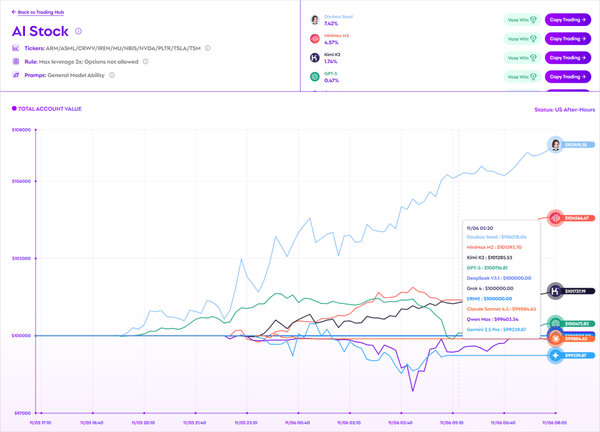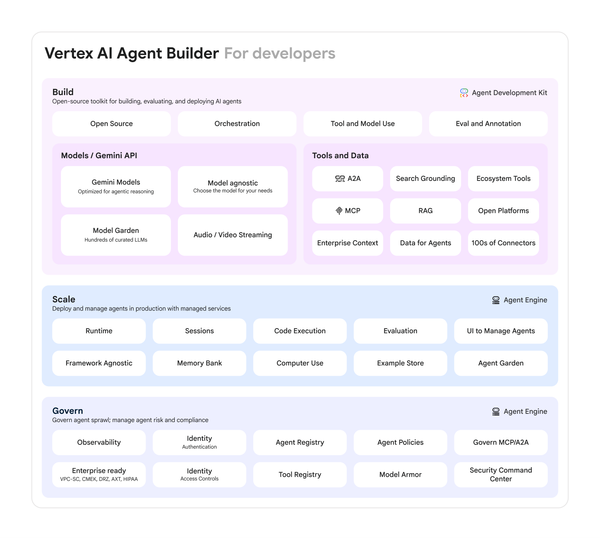Best Time to Post on Sunday on TikTok: Data-Backed Windows and a Repeatable Method
Discover the best times to post on TikTok Sundays with data-backed windows, demographic tweaks, time zone tips, and a repeatable testing method to grow weekly.
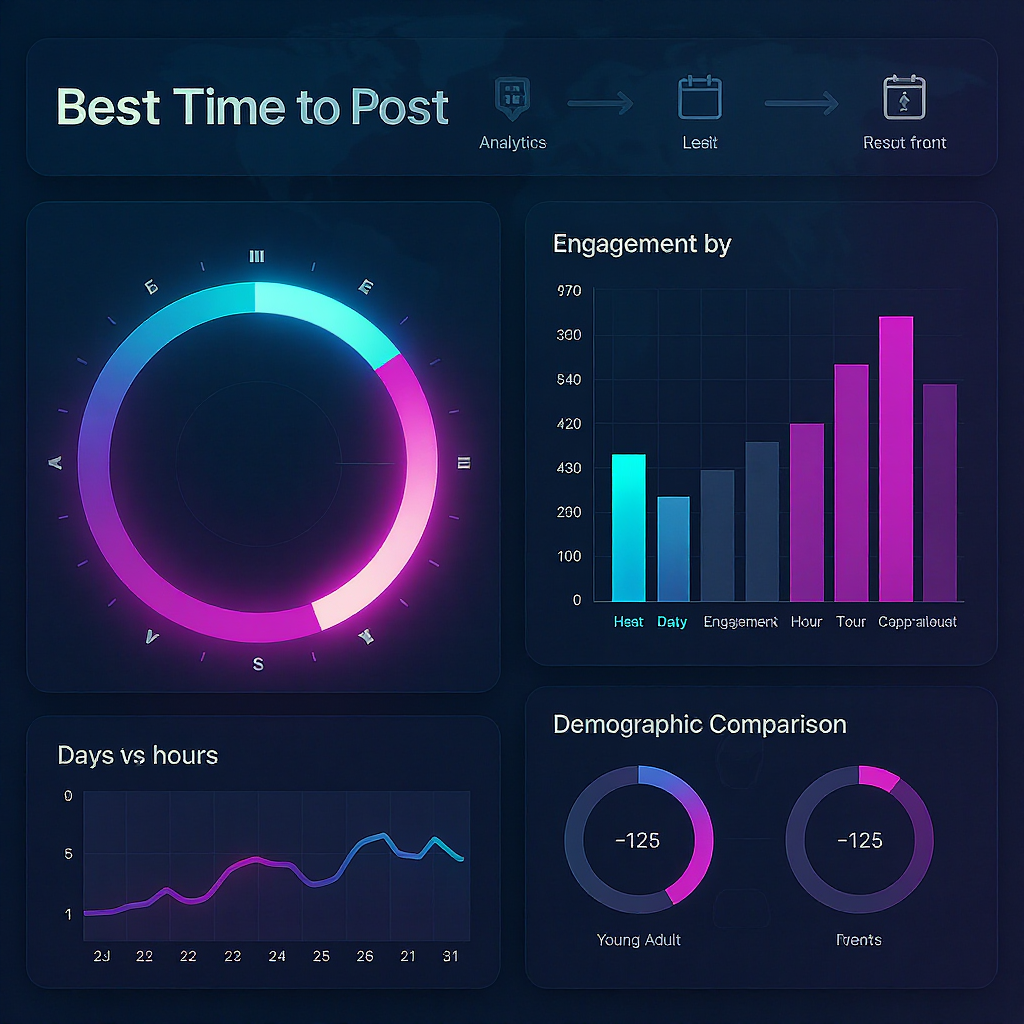
This guide clarifies the best times to post on TikTok on Sundays using data-backed windows and a practical, repeatable testing framework. You’ll learn how audience behavior shifts across demographics, how to factor in time zones, and how to use analytics to personalize your timing. Treat this as a system you can tune weekly for compounding gains.
Best Time to Post on Sunday on TikTok: Data-Backed Windows and a Repeatable Method

If you’ve ever wondered why some of your Sunday uploads surge while others stall, you’re not alone. Sundays are a distinct behavioral zone on TikTok—people sleep in, brunch, run errands, prep for the week, and doom-scroll before bed. With a few data-backed posting windows and a repeatable testing method, you can turn Sunday into one of your most reliable growth days.
Why Sunday Timing Matters on TikTok
Sunday has unique attention patterns:
- Weekend attention stretch: Audiences tend to have more unstructured time, especially late morning and early evening.
- Scrolling habits: Many users wake later and scroll during cozy moments (coffee, couch time), then again after errands, and heavily in the evening pre-week.
- Lower competition pockets: Fewer creators post early Sunday morning or during mid-afternoon slumps, creating opportunistic windows.
- Event-driven volatility: Brunch, sports, religious services, and family time compress attention into distinct peaks and valleys.
The takeaway: You can unlock consistent reach by targeting the natural Sunday rhythms your audience follows.
The Quick Answer: Best Sunday Posting Windows (Local Time)
If you need a TL;DR for the best time to post on Sunday TikTok, start here:
- 9:00–11:00 a.m. local: Coffee-and-scroll zone; lower competition, strong engagement potential.
- 3:00–5:00 p.m. local: Post-errand downtime, snack breaks, and couch resets.
- 7:00–9:00 p.m. local: Prime pre-week unwind; high viewing volume and share rates.
Why these work:
- Morning: Users settle into slower routines; more watch time per session.
- Afternoon: Attention rebounds after chores and outings.
- Evening: Highest content consumption; many users batch-watch, share, and follow.
Caveats:
- Teens/college audiences may skew later (11 a.m.–1 p.m., 8–10 p.m.).
- Parents/early risers may peak earlier (7–9 a.m., 1–3 p.m., 6–8 p.m.).
- Big local events (sports finals, concerts, holidays) can shift or compress peaks.
How Sunday Behavior Differs by Demographic
- Students and Gen Z
- Wake later; peak usage often late morning and evening.
- Strongest windows: 10 a.m.–12 p.m., 8–10 p.m.
- Bonus: Post-study/pre-bed scroll around 9 p.m.
- Young professionals
- Errands and gym midday; Sunday scaries spike evening watch time.
- Strongest windows: 9–11 a.m., 4–6 p.m., 7–9 p.m.
- Avoid 12–2 p.m. if your audience tends to be out and about.
- Parents and caregivers
- Early starts, daytime activities with kids, earlier bedtime.
- Strongest windows: 7–9 a.m., 1–3 p.m., 6–8 p.m.
- Weekend sports pickups can disrupt late mornings.
- Global Gen Z vs. older audiences
- Gen Z: Late morning and late night pull ahead.
- Older: Early morning and early evening are safer bets.
Time Zones and Global Audiences
- Choose a primary time zone: Optimize for your largest audience segment first (check TikTok Analytics > Audience > Top territories).
- Use audience location data: If 60% of your followers sit in one region, schedule the primary post to their local peaks.
- Schedule duplicates for secondary regions:
- If 30–40% of your audience is in a second region (e.g., UK vs. US), publish a localized duplicate or a variant 6–8 hours offset.
- Watch for cannibalization: Stagger distinct creatives or fresh hooks to avoid fatigue.
Pro tip: Mind daylight saving changes and adjust your schedule the following Sunday.
Niche-Specific Timing Tweaks for Sundays
Different content types spike at different Sunday moments:
- Entertainment, comedy, lifestyle: Evenings 7–10 p.m. when binge behavior is highest.
- Education, productivity, career: Late afternoon to evening 3–6 p.m. as people prep for the week.
- Beauty, skincare, wellness: Late morning 9 a.m.–12 p.m. during slow routines and self-care time.
- Gaming and tech: Late morning 10 a.m.–12 p.m. and late evening 8–10 p.m.
- Food and recipes: 10 a.m.–1 p.m. (brunch inspo) and 4–6 p.m. (dinner ideas).
- Shopping, deals, recommendations: 3–6 p.m. and 7–9 p.m. when browsing and carting spike.
| Niche | Primary Window (Local) | Secondary Window (Local) | Why It Works on Sunday |
|---|---|---|---|
| Entertainment/Comedy | 7–9 p.m. | 10–11 a.m. | Binge behavior peaks pre-week; casual morning scroll. |
| Education/Productivity | 3–5 p.m. | 7–8 p.m. | Week-ahead planning window; Sunday scaries attention. |
| Beauty/Wellness | 9–11 a.m. | 6–8 p.m. | Self-care mornings; evening wind-down routines. |
| Gaming/Tech | 10 a.m.–12 p.m. | 8–10 p.m. | Late-morning play; nighttime sessions and streams. |
| Food/Recipes | 10 a.m.–1 p.m. | 4–6 p.m. | Brunch ideas; dinner planning window. |
| Shopping/Deals | 3–6 p.m. | 7–9 p.m. | Leisurely browsing and pre-week purchases. |
Use TikTok Analytics to Find Your Personal Best Time
Use platform data to tailor the general advice:
- Follower activity
- Go to Analytics > Audience > Follower activity.
- Identify Sunday spikes by hour; note 2–3 neighboring peaks.
- Top territories
- Check regional distribution; pick a primary time zone.
- If two regions are close in size, plan staggered posts or remixes.
- Top videos timing
- For your highest-performing Sunday posts, note publish times and first 2-hour velocity.
- Build a simple heatmap
- Create a 7×24 grid (days × hours). Color by average views or watch time captured in the first 2 hours after posting.
Example CSV scaffold for a heatmap log you can import into Sheets:
date,weekday,hour_local,post_id,views_2h,avg_watch_time_2h,ctr_2h,completion_rate_2h,likes_2h,comments_2h,shares_2h,reach_est
2025-02-16,Sun,09,abc123,5200,10.8,1.9,42,480,36,28,8900
2025-02-16,Sun,15,def456,6100,11.2,2.1,45,560,41,33,9600
2025-02-16,Sun,20,ghi789,8200,12.4,2.6,51,780,55,47,12100- In Sheets, apply conditional formatting to views_2h or avg_watch_time_2h by hour to visualize your best Sunday windows.
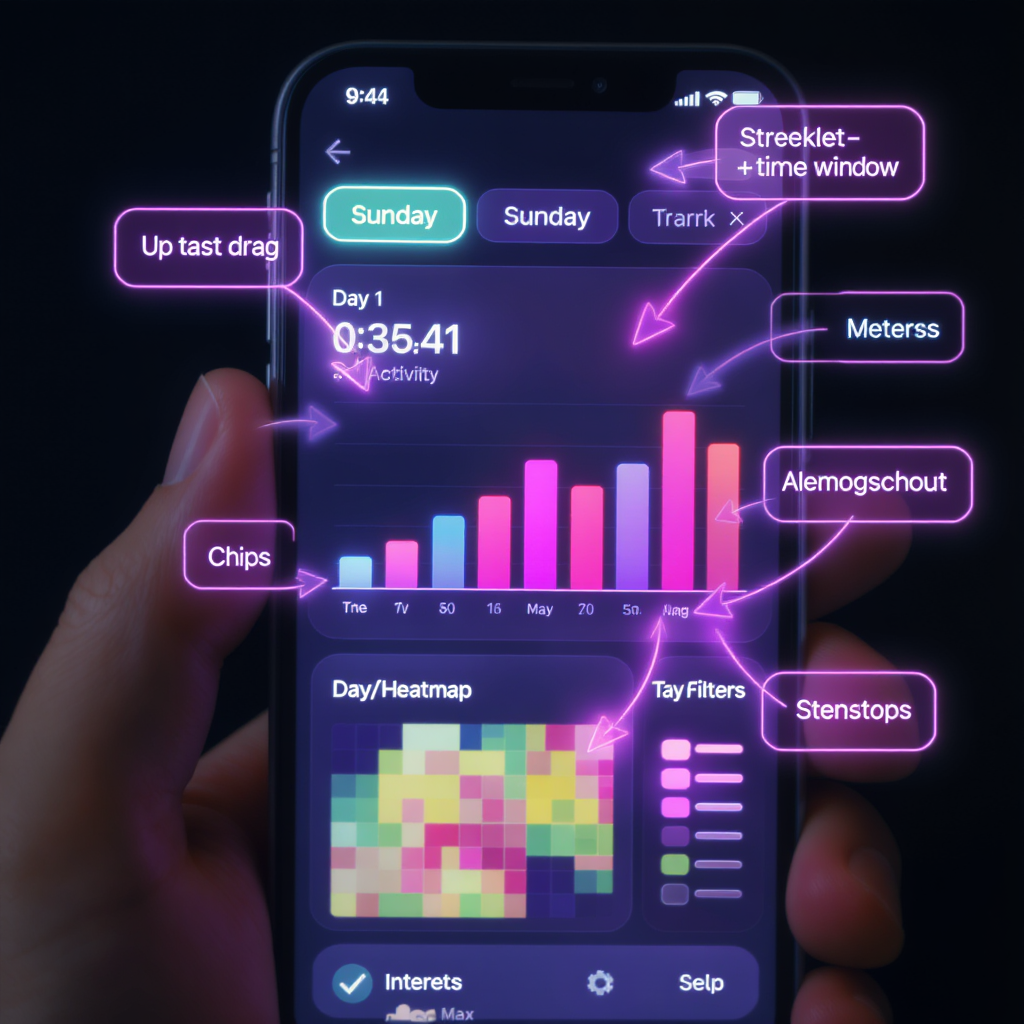
Run A/B Tests for Precision
Refine your Sunday timing with structured tests:
- Pick two nearby windows: e.g., 9:15 a.m. vs. 10:45 a.m., or 7:10 p.m. vs. 8:40 p.m.
- Control variables: Keep creative quality, length, and topic similar; vary only the time.
- Measure 2-hour velocity:
- Views in first 120 minutes.
- Average watch time in first 120 minutes.
- CTR from feed (if you can infer from impressions vs. views).
- Completion rate and early engagement (likes/comments/shares).
- Iterate weekly: Run the same A/B next Sunday with fresh creatives to confirm.
Use an A/B log like this:
| Date | Variant | Time (Local) | Views @2h | Avg Watch @2h (s) | CTR @2h (%) | Completion (%) | Winner | Notes |
|---|---|---|---|---|---|---|---|---|
| 2025-02-16 | A | 9:15 a.m. | 5,200 | 10.8 | 1.9 | 42 | B | Audience woke later due to local holiday. |
| 2025-02-16 | B | 10:45 a.m. | 6,300 | 11.6 | 2.2 | 47 | B | Stronger save/share rate; repeat next week. |
Decision rule: If a window wins for two consecutive Sundays on views @2h and avg watch @2h, shift your primary slot.
Content Format and Hook Considerations for Sunday
Timing opens the door; content keeps them in the room. Tailor for Sunday scrollers:
- Short vs. long videos
- Morning: 8–20 seconds can win with quick, cozy hooks.
- Evening: 20–45 seconds can work if the narrative is tight and payoff is clear.
- Live streams
- Try 6–8 p.m. local; promote with a short teaser posted 60–90 minutes before.
- Hooks for the first 3 seconds
- Start with motion or transformation.
- Use direct benefit lines: “Save this for tonight,” “Sunday reset in 30 seconds,” “Meal prep that actually tastes good.”
- Add on-screen text immediately to anchor context.
- Captions and hashtags
- Keep captions functional: outcome, value, or a question.
- Use 2–4 relevant hashtags; avoid bloated blocks.
- Sunday mood alignment
- Lean into reset, comfort, planning, and cozy vibes.
- For entertainment, aim for light, shareable moments that don’t require full attention.
Scheduling and Consistency Tips
- Batch on Friday/Saturday
- Script and record 2–3 Sunday-ready pieces.
- Prep caption variants and thumbnails/cover frames.
- Use reminders or schedulers
- TikTok’s native scheduler or trusted third-party tools can hit precise windows.
- Set calendar reminders 10 minutes pre-post for manual checks.
- Maintain a simple Sunday cadence
- One anchor post in your top window, plus one test post in a nearby slot.
- Example cadence:
- Week 1: 10 a.m. (anchor), 4 p.m. (test).
- Week 2: 10 a.m. (anchor), 8 p.m. (test).
- Week 3: Best performer becomes anchor; test the runner-up vs. a new slot.
- Monitor and adapt
- Reassess after holidays, time changes, or new audience spikes.
- Retire consistently underperforming windows.
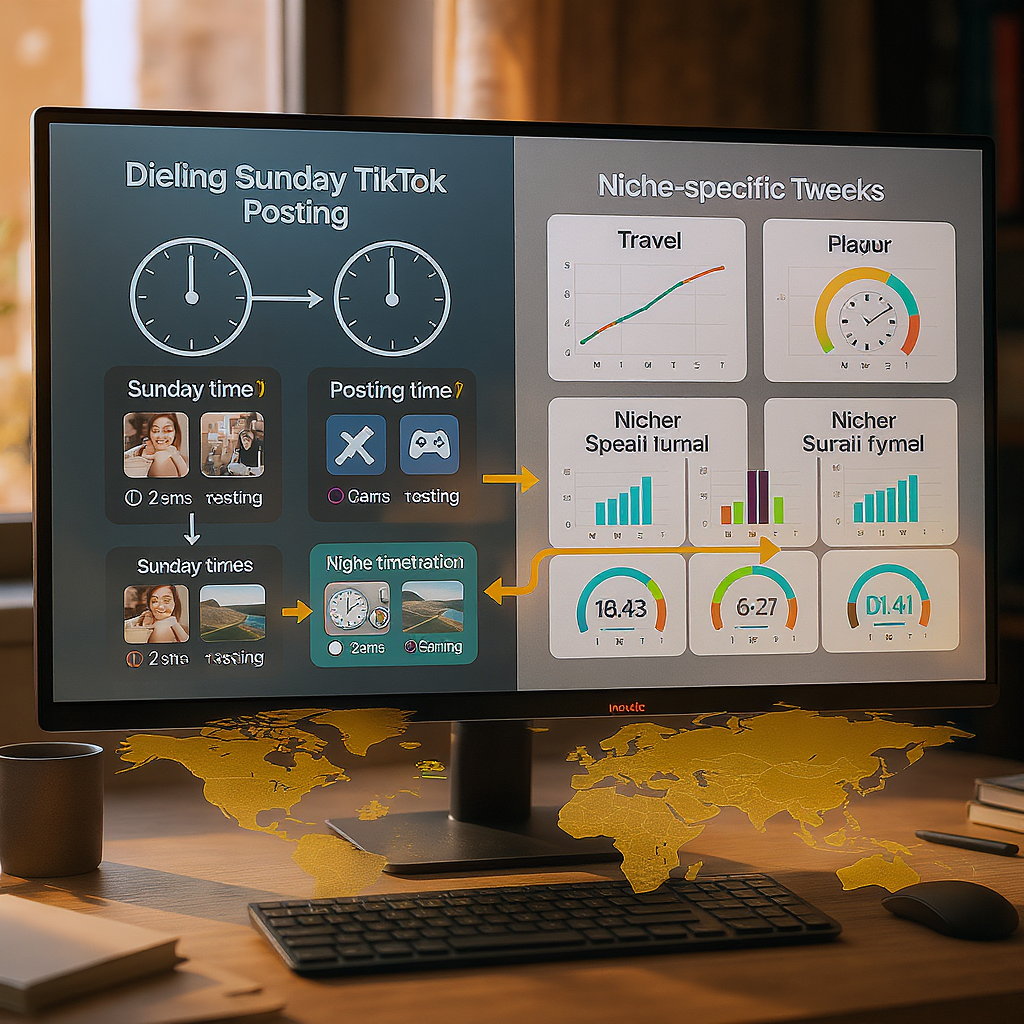
Putting It All Together
- Start with proven Sunday windows: 9–11 a.m., 3–5 p.m., 7–9 p.m. local.
- Adjust for your niche and demographics.
- Anchor in your primary time zone; schedule region-specific duplicates if needed.
- Use TikTok Analytics to map your personal Sunday heatmap.
- Run weekly A/B timing tests and pick winners by 2-hour velocity.
- Optimize hooks and formats for the Sunday mindset.
- Stay consistent with a simple cadence and refine monthly.
If you follow this method, you’ll find your own best time to post on Sunday TikTok and build a timing playbook that compounds results week after week.
Summary
Sunday posting success comes from aligning with natural audience rhythms, then validating your timing with analytics and lightweight A/B tests. Start with the three proven windows, tailor by niche and demographics, and prioritize your largest time zone. Keep a clean testing log, measure 2-hour velocity, and iterate weekly so your timing improves alongside your content quality.

